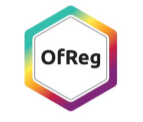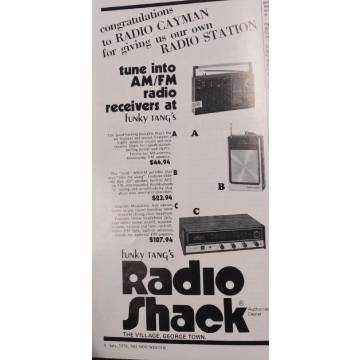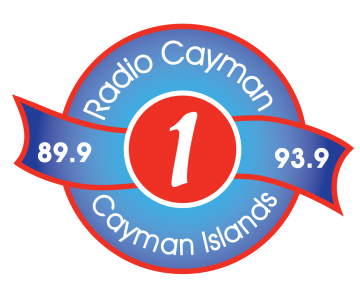News
OfReg and CUC conducting independent studies to review solar programmes in the Cayman Islands.

OfReg and Caribbean Utilities Company, Ltd (CUC) have each launched independent studies which will provide evidence on what is a fair price for solar providers and for customers.
The two studies which are being undertaken are the Value Of Solar Study (VOSS) by OfReg and a study by CUC to analyse the impact on fuel efficiency on CUC’s existing generating engines if additional distributed generation renewable energy is connected to the grid prior to the 20 megawatts (MW) Battery Energy Storage System (BESS) project being completed in 2023. Both studies will ensure the cost of solar electricity purchased from customers with distributed generation renewable energy systems is fairly priced, and reasonable to be passed on to other customers on the grid.
CUC’s goals align with that of the National Energy Policy, which is for 70% of energy to be via renewable methods by 2037. Ensuring the energy provided by renewables methods is purchased at a fair price, guarantees that the energy provided to CUC’s customers will be sold at a fair price.
The Value Of Solar Study being carried out by OfReg will assist in determining the rate to be paid for consumers’ commercial and residential power generation as transparency in tariff setting is important. This will provide greater certainty for customers who are planning to invest in rooftop solar photovoltaic (PV) systems.
The two studies are expected to be completed by the end of November 2022.
Once both parties have reviewed the output captured in the studies, an announcement will be made on the new iteration of the Consumer Owned Renewable Energy (CORE) and Distributed Energy Resource (DER) programmes, including the mechanics and costs to installers and customers. At that time, CUC and OfReg will be in a position to update the public regarding the plans for upcoming distributed generation renewable energy solar programmes in early 2023.
Both parties have agreed that there will be a two-week notice period prior to the introduction of any new programme.
The CORE and DER programmes have allowed customers to connect small scale solar systems or wind turbines to CUC’S distribution system and to reduce their monthly energy bills by generating their own electricity while remaining connected to the CUC grid.
In 2020, CUC announced that the CORE programme was fully subscribed which meant that there would be no additional residential or commercial customers added to the programme.
In 2021, OfReg approved the allocation of an additional 3 megawatts capacity to the CORE and DER programmes which has since been fully allocated.
Customers are therefore being reminded that they should be cautious when ordering new solar systems, and to remain patient until a new structure and payment guarantees are in place.
Currently, some solar installers are selling solar to customers without having access to a programme which has been approved by the regulator and the grid owner.
It should be noted that future CORE programmes may have different energy rates than the current rates, and customers should consider that a return on investment cannot be estimated until the new rates are determined.
Gregg Anderson, Executive Director of Energy, OfReg said, “OfReg’s two approved renewable energy programmes are designed to provide continuing opportunities for customers to install rooftop solar systems. However, there are a lot of issues at play in terms of essential costs to maintain and protect the local grid’s reliability and stability. These include determining an appropriate cost of service for utilities, the full “value of solar”, which will potentially determine the rate at which solar customers are credited, amended CORE and DER agreements and utility concerns about potentially losing revenue.
“We are very excited about this study because it is critical to understand the costs and benefits of solar so that our energy policy is based on an accurate perception of the value of solar energy. OfReg acknowledges that rooftop solar electricity generation is an integral part of the National Energy Policy (NEP) energy transition goals and is taking the necessary steps to support strong solar growth,” he continued.
CUC’s Vice President Customer Services & Technology Mr. Sacha Tibbetts said, “CUC has always been committed to bringing solar systems into the energy mix as captured in the Company’s Integrated Resource Plan (IRP) which was approved in 2017. The IRP provides for a rapid increase in renewables connected to the grid which will deliver cleaner energy at competitive and more stable costs.
“We continue to work with the regulator to bring renewables to our grid, to meet the needs of the customers as well to ensure that our grid remains safe and reliable. CUC has consistently said over the years, that when we add renewable energy to the grid it cannot compromise reliability nor should there be any additional substantial costs to the entire customer base. We embrace effective and fair competition.”












